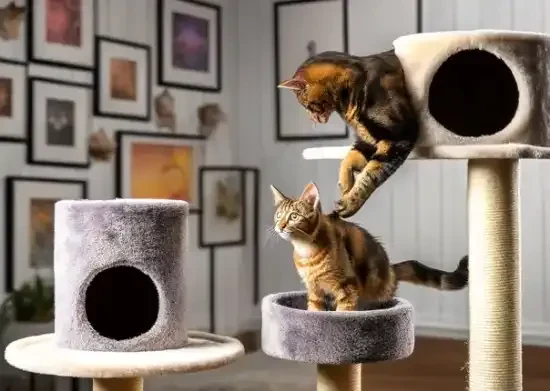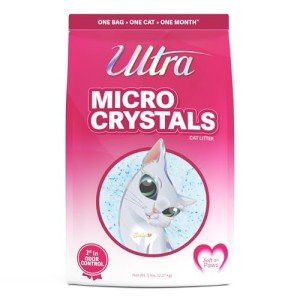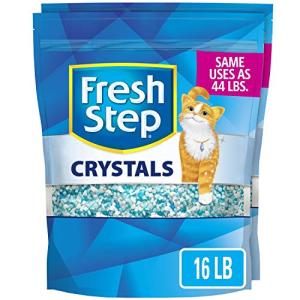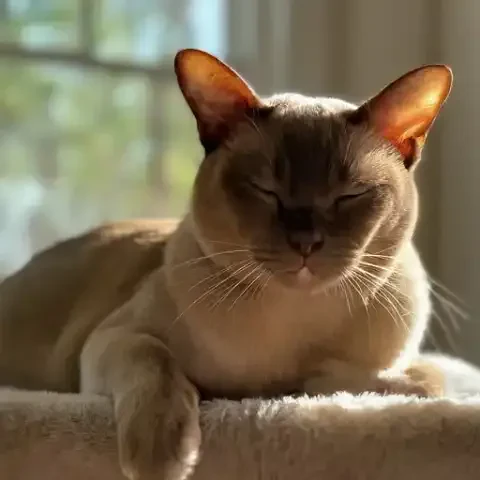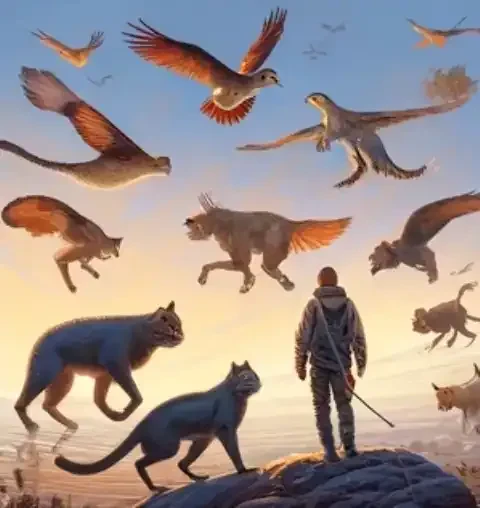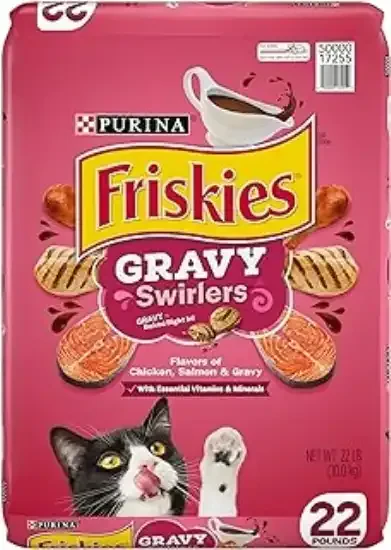Imagine waking up one morning and the news isn't about the stock market plunging or the latest geopolitical crisis, but about… tuna futures hitting an all-time high and a diplomatic incident involving a disputed sunbeam on the International Space Station. Picture the headlines not dominated by human leaders, but by fluffy, four-legged figures, their pronouncements delivered through a series of enigmatic meows and strategically placed hairballs. Welcome, hypothetically, to a world governed not by humans, but by cats.
It’s not through violent revolution, of course. Cats aren't known for grand, organized uprisings. More likely, power shifted subtly, insidiously, perhaps through a strategic deployment of overwhelming cuteness and the sheer, undeniable force of nap-time inertia. Humans, ever susceptible to the hypnotic allure of purrs and pleading eyes, gradually ceded control, one opened can of tuna at a time. And so, here we are, contemplating the truly bizarre and quite possibly delightful reality: what would the world be like if cats, with their distinct personalities, their singular priorities, and their unwavering feline-ness, were actually in charge?
This isn’t a dry political analysis; forget serious policy debates. Instead, let’s embark on a whimsical thought experiment, a playful exploration of a world refashioned in the image of our feline overlords. Think of it as a gentle satire, a chance to view our own human systems through a decidedly furry lens, perhaps finding humor, and maybe even a sliver of unexpected insight, along the way.
In a cat-run world, the very concept of "government" as we know it would likely become wonderfully, gloriously… fuzzy. Forget rigid hierarchies and bureaucratic structures. Cats are more about individual fiefdoms, personal territories marked by invisible scent boundaries, and power dynamics dictated by who can claim the prime napping spot on the warmest radiator. Formal political structures would crumble, replaced by something closer to a "coalition of convenience," a loose association of powerful felines united perhaps by a shared fondness for tuna or a mutual disdain for squirrels.
Leadership would be… fluid, shall we say. Forget elections or constitutions. Power would be expressed through subtle cues, the imperious flick of a tail, the slow, deliberate blink of an eye, the unmatched ability to deliver a withering glare that can wilt the strongest human resolve. Policy decisions wouldn’t be debated in stuffy chambers, but likely made impulsively, perhaps during a particularly good nap, or inspired by the sudden appearance of a dust bunny. Global events might be swayed by the collective whim of a particularly influential tabby enjoying a sunbath, or the urgent, unified demand for more chin scratches from a congress of calicos.
Diplomacy, too, would undergo a radical feline transformation. Forget lengthy treaties and nuanced negotiations. International relations would likely revolve around the critical issues of prime sunbeam locations, the most strategically advantageous bird-watching perches, and, of course, access to the world’s catnip reserves. Global conflicts might erupt over territorial disputes – picture tense standoffs over who gets the coveted spot under the living room window, or “paw-litical” skirmishes over the best scratching post in the neighborhood.
Communication in this feline world order would be… interesting. Forget carefully worded press releases and articulate speeches. Diplomatic talks would be conducted through a complex language of hisses, purrs, meows (likely profoundly misunderstood by bewildered human translators), and strategic, meaningful silences. Agreements, if they could be reached at all, might be sealed with head-butts of varying degrees of enthusiasm, or perhaps a shared grooming session, a gesture of profound feline trust. Foreign policy, if it could be called that, would likely have laser-like focus: securing global tuna supply lines, achieving world peace through the universal banishment of dogs and vacuum cleaners, and the noble pursuit of global nap-time tranquility.
Law and order? Well, that would become a fascinating, instinct-driven affair. Forget codified legal systems and due process. "Laws" in a cat-ruled world would be more akin to the natural order of things, enforced not by police forces or courts, but by instinct, territorial imperative, and swift, decisive feline justice. Enforcement would rely on a combination of swatting, hissing, ear-splitting yowls, and the strategic deployment of furniture scratching as a subtle yet effective form of punishment.
The primary "laws" of the land would undoubtedly revolve around personal space, the sanctity of napping territories, the inviolability of food bowls, and the cardinal rule of not being excessively, persistently annoying (a concept humans often struggle with). The justice system would be… expeditious. A swift nip, a well-placed scratch – these might serve as both the crime and the punishment, justice dispensed with feline efficiency and a somewhat arbitrary sense of fairness. Forgiveness might follow just as quickly, or not, depending on the cat's mood and the perceived sincerity of the apology (often expressed through the offering of a desirable treat).
Now, consider the feline economy, a realm of purr-ductivity and whisker-twitching innovation. Money, as humans understand it, would likely become utterly, delightfully irrelevant. In a cat-ruled world, the very basis of value would shift. Currency might be reimagined, perhaps based on the universally recognized worth of tuna, the euphoric appeal of catnip, the luxurious comfort of premium cat food, or the simple, yet profound, pleasure of an exceptionally well-constructed cardboard box.
Trade would be less about complex financial transactions and more about a reimagined barter system, a feline-centric exchange of desirable goods and services. Picture this: "I'll grant you access to my prime sunbeam basking spot for an hour in exchange for a generous portion of your salmon pâté." Economic success, in this whiskered world order, might be measured not by GDP, but by something far more meaningful: Gross Domestic Purrs, perhaps? Or perhaps by the total number of hours napped comfortably per capita, a true indicator of societal well-being in a feline-centric world.
The very nature of work would undergo a seismic shift. In a cat-ruled economy, napping would cease to be a leisurely activity and become a highly valued, critically important form of productivity. "Work-life balance," as humans strive for it, would be permanently, gloriously skewed towards "life," primarily in the form of extended, deeply satisfying naps. Motivation for work, for those rare moments when cats aren’t napping, would be driven not by stock options or promotions, but by simpler, more primal desires: the promise of delectable treats, the soothing pleasure of head scratches, and the fundamental feline aversion to boredom. Disincentives? Perhaps being pointedly ignored, denied access to prime napping locales, or subjected to the indignity of a lukewarm water bowl.
Essential industries, in this new feline world, would naturally reflect feline priorities. Imagine a flourishing sector dedicated entirely to tuna production, a booming scratch post manufacturing industry, cutting-edge laser pointer research and development labs, and vast, sprawling premium catnip farms, all contributing to a thriving, purr-ductive economy.
And what of culture, in this world redecorated in cat hair and permeated with the soothing rhythm of purrs? The arts would blossom, naturally, reflecting the feline aesthetic. Performance art might take on a new, delightfully unpredictable form: sudden, exhilarating bursts of zoomies across global stages, graceful, gravity-defying leaps onto monumental sculptures, and the strategic placement of artfully arranged hairballs, suddenly recognized as avant-garde masterpieces.
Music and soundscapes would evolve, too. Purring symphonies, complex meowing operas, and the rhythmic, hypnotic tapping of paws on keyboards – these might become the dominant musical genres, replacing human cacophony with a more refined, feline-approved sonic landscape. Literature and storytelling would flourish, naturally. Epic poems celebrating the heroic hunt for the elusive red dot, odes to the transcendent beauty of sunbeams, cautionary tales warning against the perils of open doors – these would form the core of feline literary canon.
Social structures in a cat-ruled world would be fluid, fascinatingly so. Social standing would be less about rigid hierarchies and more about subtle, shifting power dynamics. Status would be earned not through wealth or title, but through perceived confidence, access to prime resources (food, sunbeams, human laps), and the undeniable ability to command attention with a single, well-timed meow. It would be a society that values individualism, a world of independent operators, each cat focused on personal comfort and desire, yet with a latent expectation of readily available affection and a certain degree of human servitude.
And where do humans fit into this purr-fectly formed world order? Likely relegated, perhaps willingly, to the roles of “staff.” Food providers, litter box attendants, entertainment providers (laser pointer operators!), and general admiration givers – these would become the essential human professions. Humans might even be subtly revered, seen as slightly clumsy, endearingly inept, but ultimately useful beings, essential to the smooth running of the feline world.
Education, too, would undergo a feline-inspired curriculum reform. Forget trigonometry and Shakespeare. Practical skills would reign supreme. Education in a cat-ruled world would prioritize essential feline competencies: hunting (even if just for toy mice), meticulous grooming techniques, strategic napping methodologies, and, crucially, mastering the subtle, yet powerful, art of the silent, judging stare. Experiential learning would be paramount. Kittens would learn by observing older, wiser cats, mimicking their hunting strategies, mastering their napping poses, and subtly deciphering their nuanced methods for manipulating humans into opening doors at precisely the right moment.
Higher education, perhaps at institutions like "Catnip University," would offer advanced courses in sunbeam optimization, advanced scratching post design, and the profound philosophical implications of the endless, yet eternally captivating, pursuit of the red dot.
But even a world ruled by cats wouldn't be entirely without its complexities, its charming contradictions. The inherent unpredictability of feline behavior, while often delightful, could also introduce a certain level of chaos into global affairs. Impromptu policy changes based on fleeting moods? Global summits derailed by the sudden, irresistible urge for a nap? These are entirely plausible scenarios in a world governed by whiskered whims.
Fairness and justice might also take on a decidedly feline slant. Resource allocation and the dispensation of justice might be subtly influenced by feline favor. Preference given to the fluffier, the purr-suasive, the ones who best know how to work their human staff – these are potential (human) complaints of bias in a cat-ruled society.
Communication barriers, from the human perspective, would undoubtedly be a persistent source of frustration. Humans, struggling to decipher the nuances of feline communication, to understand the subtle shifts in purr volume and tail twitch, would likely find themselves perpetually bewildered, occasionally scratched, and often profoundly misunderstood.
Yet, despite these challenges, perhaps a cat-ruled world wouldn't be so bad, perhaps even… different in a surprisingly appealing way. Perhaps it would prioritize relaxation, comfort, and the simple pleasures of life. Maybe there would be less war, more naps, and a far greater appreciation for the quiet moments of contented purring. Or maybe, just maybe, it would simply be more naps, everywhere, all the time.
In the end, pondering a world ruled by cats isn’t just a whimsical exercise. It's a chance to reflect, however lightly, on our own human world, our own often-absurd priorities, our own complex systems. Is a world ruled by cats really so different, in essence, from a world already obsessed with the internet, driven by fleeting trends, and dedicated to maximizing weekend naptime? Perhaps a world run by cats wouldn’t be “better” in any conventionally measurable way, but it would certainly be… more interesting. And, just possibly, a little more purr-fectly relaxed. Just don’t expect punctuality at global summits, and definitely don’t anticipate clearly written policy documents. Perhaps, just perhaps, a little more purring in global politics wouldn't be such a bad thing after all. Just be sure to keep the tuna supply lines open.
